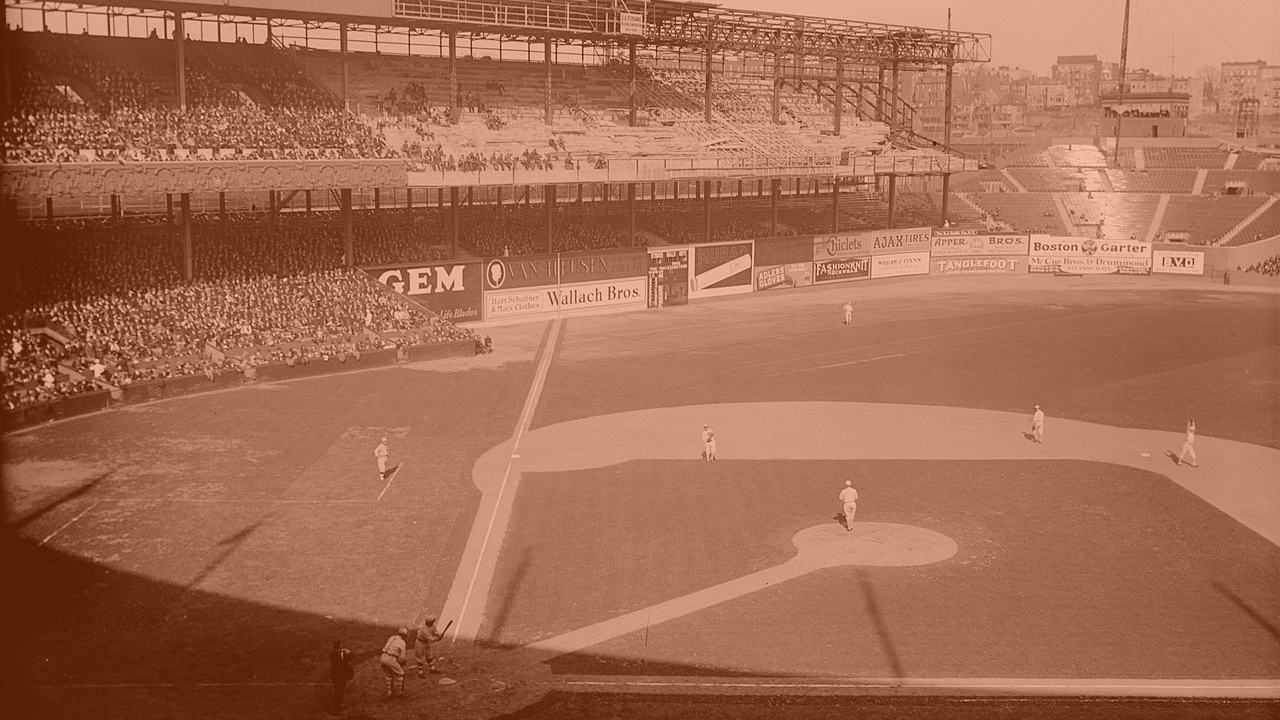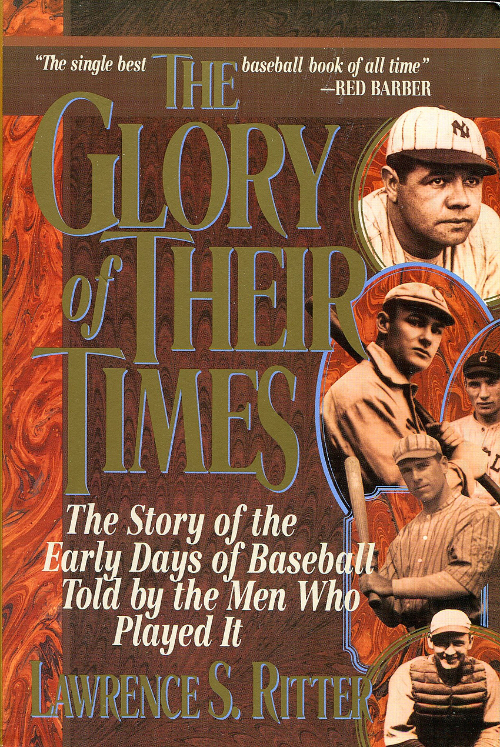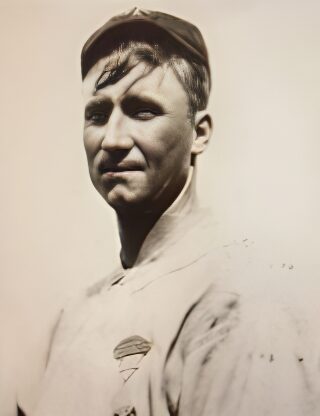
Old-Time Baseball Players in Their Own Words: ‘The Glory of Their Times’ Book Review
Lawrence S. Ritter, The Glory of Their Times: The Story of the Early Days of Baseball Told by the Men Who Played It. William Morrow and Company, 1966.
The Glory of Their Times by Lawrence S. Ritter is a wonderful collection of first-person reminiscences from 26 old-time major league baseball players. Overall, their careers spanned the years from 1898 (Tommy Leach’s rookie year) to 1947 (Hank Greenberg’s last season). They were all among the best players of their time. Most played on championship teams. Seven are in the Baseball Hall of Fame.

Buy ‘The Glory of Their Times’ on Amazon
As an Amazon Associate, I earn a commission from qualifying purchases
The players talk about how they first got into baseball and describe what it was like to play at that time. They share their own versions of some well-known baseball “facts,” debunking the common wisdom.
For example, several go out of their way to make the point that “Merkle’s boner,” the base-running blunder made by Fred Merkle of the New York Giants in a 1908 late-season game against the Chicago Cubs, not only was a natural mistake but also didn’t cost the Giants the pennant.
Likewise, Fred Snodgrass argues that his dropped fly ball in the 10th inning of the last game of the 1912 World Series wasn’t the deciding factor in the Giants’ loss, and the other players who mention it agree with him.
I loved some of the players’ anecdotes. Snodgrass is an especially rich source of good stories. One of my favorites: A man named Charles Victory Faust approached Giants manager John J. McGraw early in the 1911 season and told him that a fortune-teller had predicted that the Giants would win the pennant if he pitched for them. The superstitious McGraw humored him, even though it was clear that he had no skill as a pitcher.
Faust showed up at the ballpark every day that season and in 1912 and 1913 too, and the Giants won the pennant each year. Faust became such a drawing card that McGraw finally let him play for one inning late in 1913. Unfortunately, Faust died before the 1914 season, and that was the end of the Giants’ pennant streak.
The players all have strong opinions about which players of their day were the best. Many of them name Walter Johnson of the Washington Senators as the greatest pitcher they saw. Sam Crawford shares that opinion, but he also raves about Ed Walsh’s spitball (which was legal when Walsh was playing): “I think that ball disintegrated on the way to the plate and the catcher put it back together again. I swear, when it went past the plate it was just the spit went by.”
Although the players take great pride in the big league baseball of their day, they don’t insist that everything and everyone was better in the old days. By and large, they are generous in their appraisals of later players, with Willie Mays and Sandy Koufax especially earning plaudits. (The interviews for the book were conducted mostly in the early 1960s.) The only exception is Lefty O’Doul, who sounds a bit curmudgeonly and declares that Mays couldn’t carry the bat for many of the older players.

Charles "Victory" Faust was a walk-on pitcher with the 1911 New York Giants. Although he had little talent, Manager John McGraw considered him a good luck charm, as the team kept winning when he was on the roster. (http://davyjonesbats.com/about-us/memorials, Public domain, via Wikimedia Commons)
Hearing these players tell about their lives and careers in their own words really makes the early days of baseball come alive. For any baseball fan who wants to know what the game was like in those early decades, The Glory of Their Times by Lawrence S. Ritter is indispensable.
Copyright © Brian Lokker 2023.







